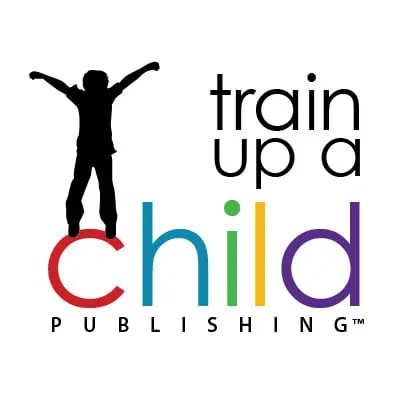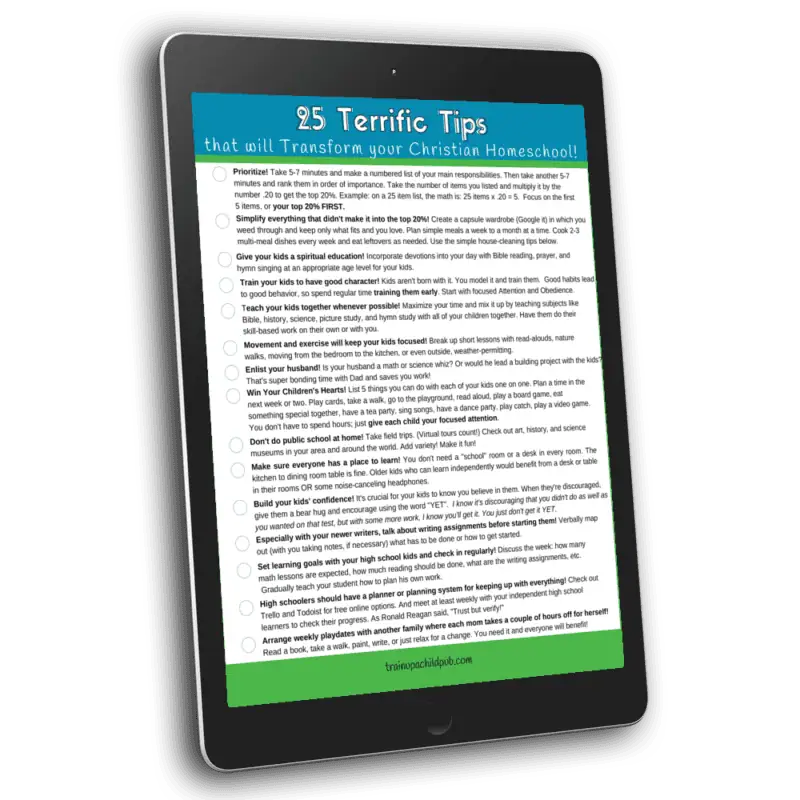Are Chinese Mothers Better? Three Things we can Learn from Tiger Moms
This is from our archives…Did you hear the brouhaha resulting from the book Battle Hymn of the Tiger Mother? Tossing a buzzing beehive into a group of old ladies at a church picnic wouldn’t have caused more controversy than this book did. The big question is: are Chinese mothers better in the way they parent their children than Western moms, as the author asserts? We may disagree with their methods, but there are three things we can learn from Tiger Moms.
The upshot is that Amy Chua, the book’s author, considers Chinese parenting as superior. She attributes the considerable success of many Chinese children to their mothers’ typical Chinese, authoritarian child-rearing practices.
In contrast, she sees Western parenting as lax, lazy, and indulgent.
Ms. Chua describes how she followed the path of her mother, carefully controlling every aspect of her children’s lives. Consider: no play-dates or sleep-overs. No sports, drama, or any other “fluff.” No grade lower than an A permitted.
Up to six hours a day spent in musical instrument practice. Either achieve the top honor — or receive a cruel tongue-lashing that sometimes even resulted in a child being called “garbage.” (Doesn’t that hurt your heart?!)
Despite the emotional reaction that you are probably having about now, there are three things we can learn from the Tiger Mom.
Tiger Moms Take Control
According to this author, Chinese mothers completely control all aspects of their children’s lives. Don’t we, as Christian homeschooling mothers, tend to do a bit of that? Isn’t that partly why we keep our children home from public school and limit their time with the unruly kids down the block? We want our children to reflect our values instead of “the world’s.”
Although Chinese mothers might be a little over-the-top and we homeschooling moms can be protective to a fault, there is one area we could often be better at controlling. One area we can learn from Tiger Moms.
- We could be better at managing our time and helping our children better manage theirs.
In our fast-paced culture it is often necessary to say “No” to good things so that we can say “Yes” to better things. We all wear many hats – often too many.
If we habitually over-commit ourselves to outside activities, even worthwhile activities, our spiritual life, marriage, family and homeschooling will suffer.
I once heard this author speak at a homeschooling convention. This is one helpful book called Margin: Restoring Emotional, Physical, Financial, and Time Reserves to Overloaded Lives.
We can’t be productive all the time and we all need downtime (as much as some of us try to deny it!). As parents, though, we and our children need to steer away from endless hours of TV, video games, unsupervised computer time, etc. and promote more pleasure reading, hobbies, personal intellectual pursuits, and service to others.
And as we all know, our children learn more from our example than they do from our words.
Helping our children learn by our teaching and our example that their minutes are precious, even the unsupervised, non-school ones, is a gift that will benefit our children all of their lives.
Although Tiger Moms are an extreme example (at least the way this book portrays them) there’s a second thing we can learn from the Tiger Mom.
2. We could better control our time and teach our children to do the same.
Do We Ask too Little of our Children?
One of Chua’s arguments with regard to typical American parenting is that we are too quick to praise our children’s efforts as wonderful – whether or not they actually do a competent job. She feels we are more concerned with our children’s “self-esteem” than we are with teaching them to work hard to accomplish something challenging.
Instead, she believes that American parents baby their children and treat them as if they are weak.
In contrast, she cites that Tiger mothers treat their children firmly because they believe their children are strong. Pushing them helps them develop into all they can be.
In illustration, the book describes a time when the author forced her seven year old to practice a song on the piano for an extended period, until she mastered it. Without breaks for food or even to use the bathroom.
Her older sibling had learned the same song at age seven, so Chua felt her younger child was capable of doing so as well. After copious tears and several hours, her daughter mastered the song.
According to her mom, the result was that her daughter “deeply felt her accomplishment” because of the effort that had been expended.
I certainly don’t agree with the methodology, but I do agree that we sometimes ask too little of our children. I’m speaking from my own experience here.
We don’t do our students any favors when we don’t set firm guidelines for how our children are to do their math (showing all the steps in Algebra, for example), the format and standards of their papers, and when they turn in their assigned school work.
After all, our students will have deadlines in college and adults have deadlines all the time. Yet it’s a documented fact that we home educating moms tend to be lax in sticking to the deadlines we set for our children.
In fact, during the decade and a half I homeschooled, it seems we have become worse, not better, from what I have seen and heard.
A close friend who teaches outside classes to homeschoolers often reports that in the last few years, parents habitually have interceded for their even high school-aged children, asking that they have more time to complete their assignments. This is not when the assignments are given, either – this is after they are already overdue!
3. A little firmer control of our children by enforcing assignment deadlines is the third thing we can learn from Tiger Moms.
How should our priorities differ from the Tiger Mom?
What we don’t want to learn from Tiger moms is to have academic performance be our top priority.
Our children’s studies are surely important, but not to the extent that their character is sacrificed on the altar of academic superiority!
Instead, we must demonstrate by our actions, conversations, teaching and focus that our relationship with God and children’s characters are the first priority.
Our kids are not here to glorify themselves or their parents by their academic achievements, but rather to glorify the One Who made us. Read more about the priority of a Biblical Home Education.
A Father should care much more about your children’s hearts than He does about an “A” on the history paper or even about a fabulous SAT score!
We have such a wonderful opportunity having our children at home, where we can mentor and disciple them, as well as teaching them the three R’s.
I really don’t know if the author’s ideas about Chinese parenting are typical, but now I am curious! So…did you read the book? Are you a Chinese mom or have you had experience with Chinese parents?
If you missed it, here it is! (This is an affiliate link.)
Would love to hear what you think!
![]()


Sorry to all of the ladies and a gentlemen or two who added thoughtful, interesting and often insightful comments to this post. Unfortunately when we recently had to upload our blog again, we lost all of these comments.